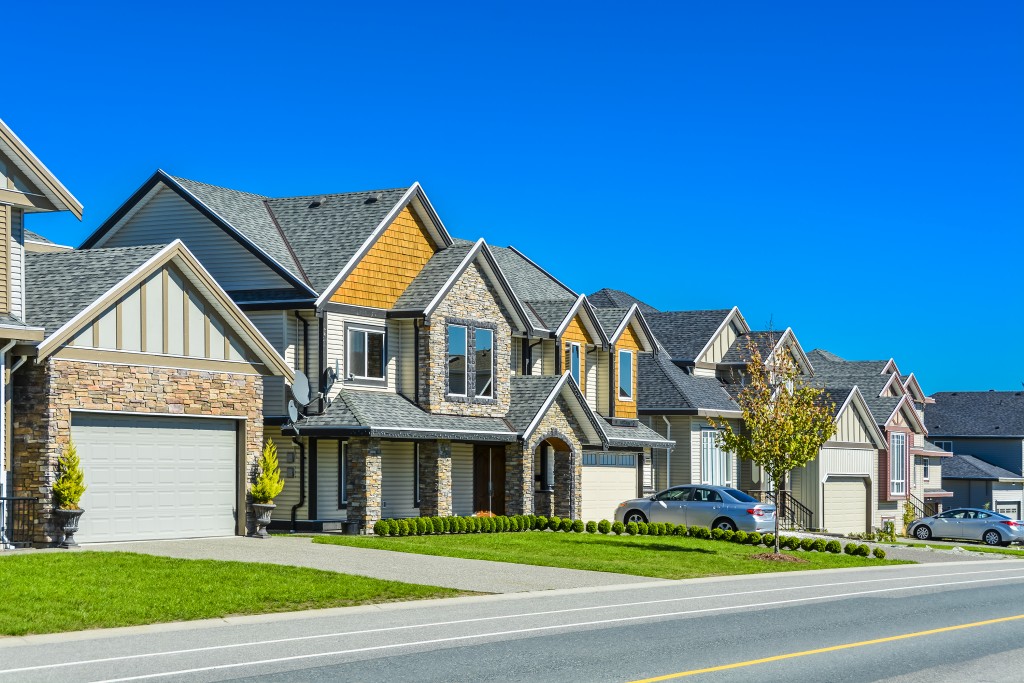When raising your children, picking the right environment for them to grow up in is crucial to their development. It can create memories that they’ll take with them into adulthood and instill practices and beliefs that they can carry on as they grow. These days, the big question lies between living in the city or moving to the suburbs.
In a practical sense, it can be tempting because of the house and land packages in the suburbs that are affordable and part of established neighborhoods and developers who provide amenities that sometimes seem even too good to be true. But as a parent, there are specific considerations you have to make to ensure that you are giving your kids a good childhood.
Vicinity to nature
Being near sources of nature is healthier for children not just because of the natural nourishment it brings but also because it opens them up to more skill-building and exploration. Aside from the air quality you’ll find in areas with greenery, numerous studies like one conducted by the University of Illinois proved that exposure to nature and nature-related activities can help children develop curiosity and calmness while improving their academic performance.
Social interaction
It’s essential to develop socialization in a child’s formative years. With a good neighborhood, you can help your child make local friends and participate in different collaborative activities, even outside of school. Although you are likely to see a lot more diversity in bustling cities, its busy nature and wary way of life can make it less conducive for a kid to see healthy interactions and create friendships from their youth.
School districts
Suburban schools have had a higher advantage than other public city schools in general and continue to maintain this in modern times. With better facilities, funding, and a more balanced teacher-to-student ratio, schools in these districts tend to produce higher graduation rates and better academic achievement in general. It has also been observed in studies that, often, administration and security see a stark difference between middle-class suburban schools and city schools.
Pollution
Because the cities are the commercial hubs that keep the economy running, there are a plethora of sources for pollution. Noise, air, water, light, you name it. In a past release of the Journal of Urban Health, figures showed that cigarette smoke pollution is 62% higher in urban homes than suburban ones. And that’s just the clincher, as other statistics showed how conditions were worse in urban households when it came to pest infestations, disrepair, and contaminants.
Amenities

Having different amenities in your community can help your child become more well-rounded. If they have access to community centers, neighborhood parks, libraries, playgrounds, and the like, it can give them plenty of options to hone their talents and learn more about the world around them while having fun. That also makes it easier for you as all of these things are accessible and practical stores shouldn’t be too far in the vicinity.
Some people argue that living in the city can be more energy-efficient than having a place in the suburbs. But when it comes to thinking about the upbringing of your child, these factors that come into play have to mix with other practicalities.
